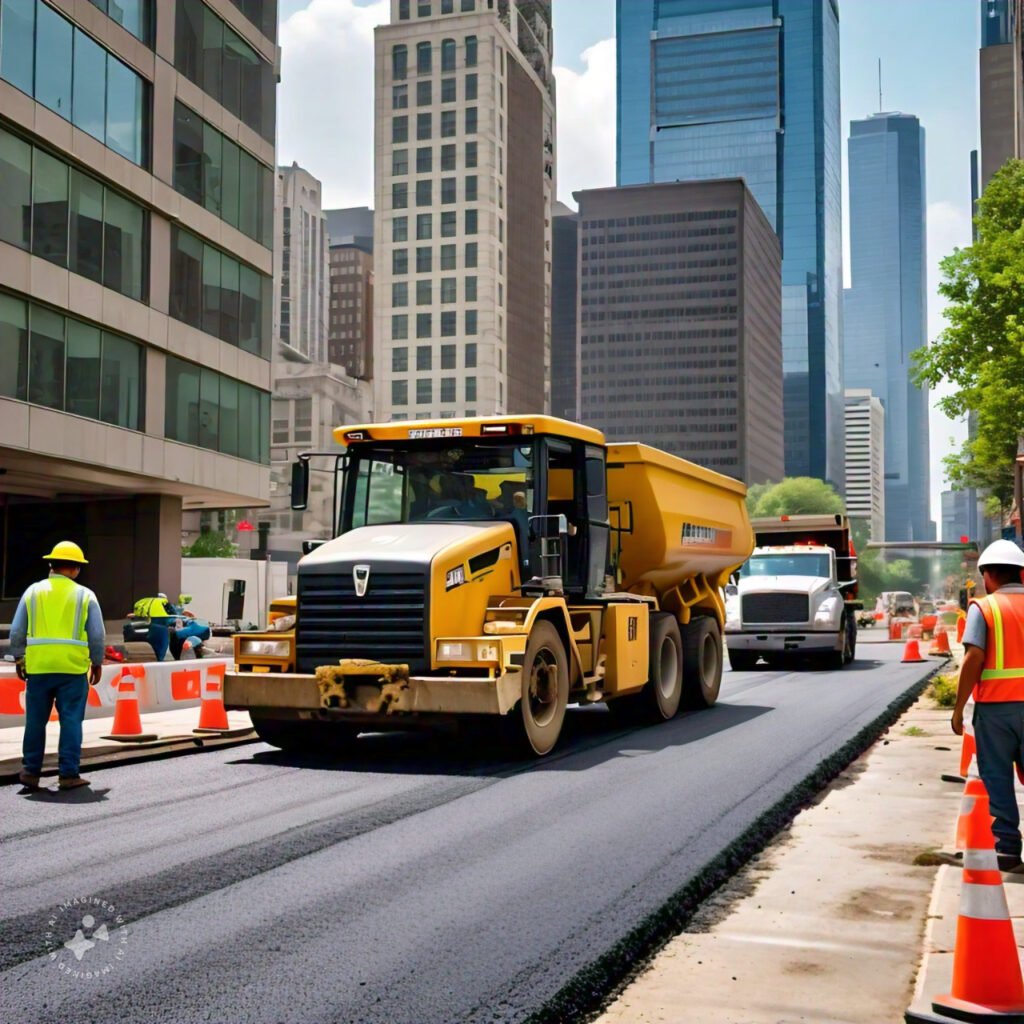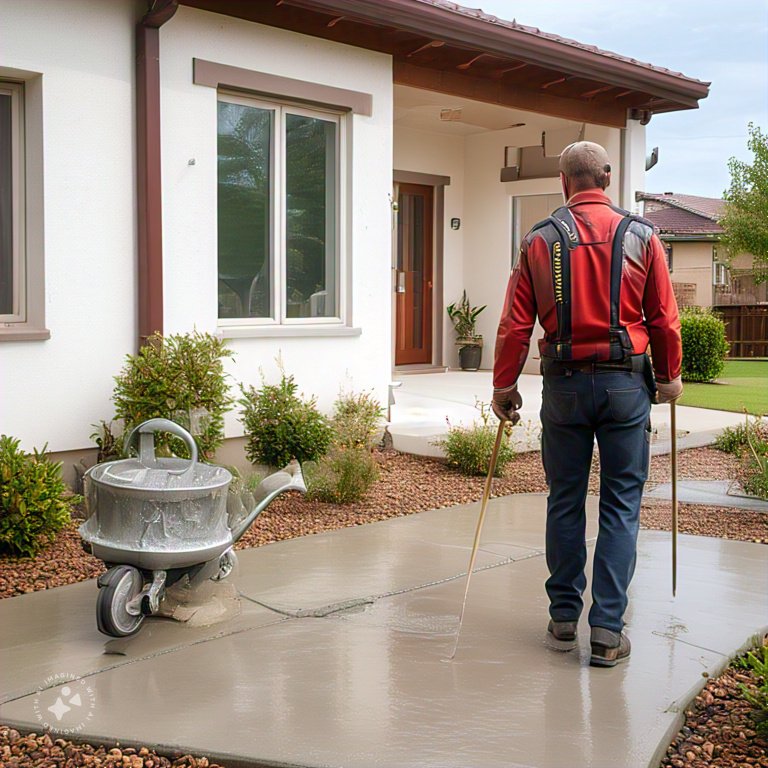Houston Road Construction
As cities grow and traffic demands increase, street paving technology continues to evolve. In Houston, innovations in street paving are transforming how roads are built, repaired, and maintained. From new materials that offer better durability to eco-friendly practices that reduce environmental impact, the road construction industry is always looking for ways to improve. In this article, we will explore the latest innovations in street paving and how they are shaping the future of Houston’s roadways.
Cross Construction Services
1. The Rise of Permeable Pavement
One of the most exciting developments in street paving is the use of permeable pavement. This type of pavement allows water to pass through its surface, reducing runoff and the risk of flooding. In a city like Houston, where flooding can be a major issue, permeable pavement is becoming increasingly popular.
- Benefits: Permeable pavement helps manage stormwater, improves groundwater recharge, and reduces the need for complex drainage systems. It also helps mitigate the urban heat island effect by allowing water to evaporate through the surface.
2. Recycled Asphalt Pavement (RAP)
Sustainability is a growing concern in road construction, and one way the industry is addressing this is through the use of Recycled Asphalt Pavement (RAP). RAP is made from reclaimed asphalt from old roads, which is then processed and reused in new pavement projects.
- Benefits: Using RAP reduces the need for new raw materials, lowers the cost of paving projects, and minimizes the environmental impact of road construction. It also helps conserve landfill space by recycling old asphalt instead of disposing of it.
3. Warm-Mix Asphalt (WMA)
Warm-mix asphalt (WMA) is a new paving technique that allows asphalt to be mixed and applied at lower temperatures than traditional hot-mix asphalt. This innovation offers several benefits over traditional methods.
- Benefits: WMA reduces energy consumption, lowers emissions, and provides a safer working environment for construction crews. It also extends the paving season by allowing asphalt to be laid in cooler weather, making it ideal for Houston’s climate.
4. 3D Paving Technology
Advances in digital technology are transforming the street paving industry. 3D paving technology uses automated machines that follow digital designs to lay pavement with incredible precision.
- Benefits: This technology increases the accuracy of paving projects, reduces material waste, and ensures consistent pavement quality. It also speeds up the paving process, reducing road closures and traffic disruptions.
5. Frequently Asked Questions About Innovations in Street Paving
- How does permeable pavement hold up under heavy traffic? Permeable pavement is designed to handle light to moderate traffic loads. For high-traffic areas, it’s best used in combination with traditional pavement or as part of a larger stormwater management system.
- Is recycled asphalt as durable as new asphalt? Yes, when processed correctly, recycled asphalt can perform just as well as new asphalt, providing a durable and long-lasting surface for roads.
Concrete Solutions
The street paving industry is undergoing rapid change, with new technologies and materials offering improved durability, sustainability, and efficiency. Innovations like permeable pavement, recycled asphalt, warm-mix asphalt, and 3D paving technology are helping cities like Houston build better, longer-lasting roads. As these innovations continue to evolve, we can expect to see more environmentally friendly and cost-effective solutions for urban infrastructure.


